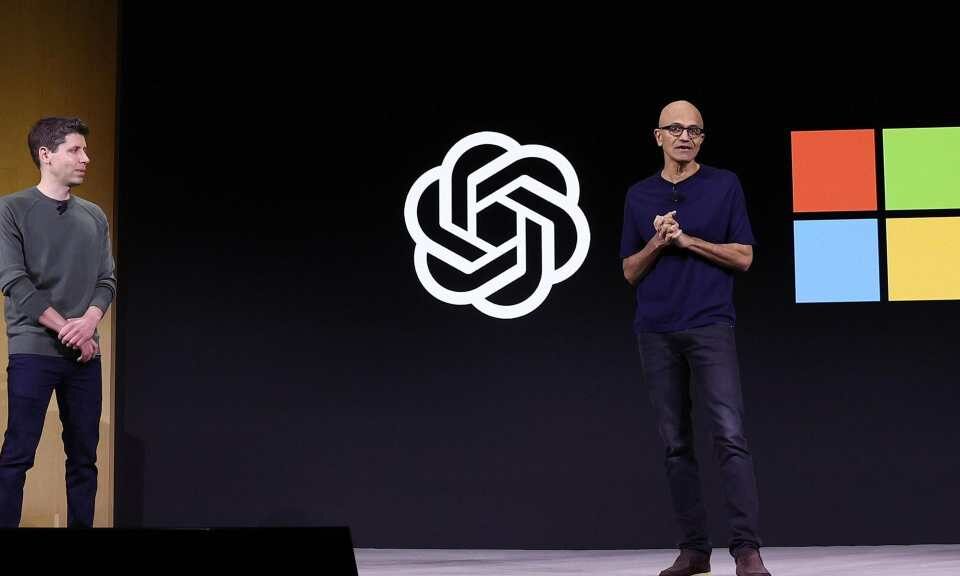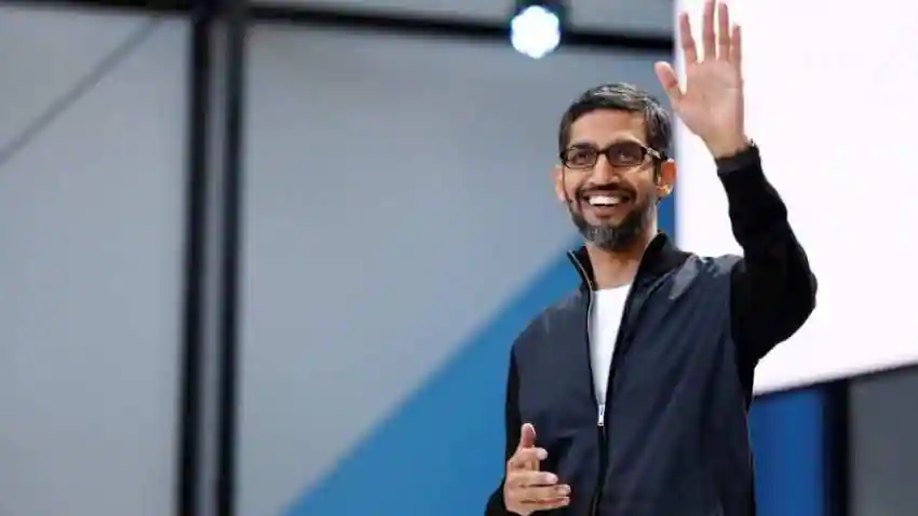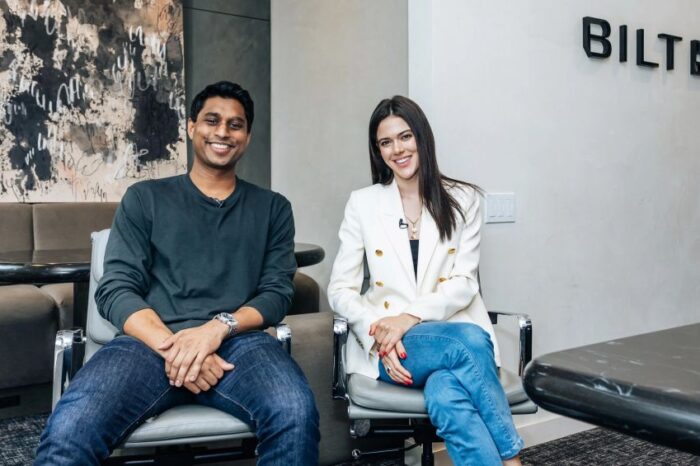OpenAI, Windsurf end acquisition talks over Microsoft IP concerns; CEO joins Google

What started as a bold move by OpenAI to snap up one of the fastest-rising AI coding startups has ended with Google walking away with the prize. OpenAI has officially pulled the plug on its $3 billion acquisition of Windsurf—formerly known as Codeium—after internal battles over who would control the startup’s tech, The Verge reported.
At the center of it all? Microsoft’s far-reaching rights to OpenAI’s intellectual property. The news comes just two months after OpenAI agreed to acquire AI coding startup Windsurf for $3 billion, marking its biggest deal yet.
OpenAI’s Windsurf Deal Falls Apart — Now Its CEO Is Headed to Google

Instead of becoming part of OpenAI, Windsurf’s CEO Varun Mohan and several key team members are now headed to DeepMind, Google’s AI lab, to supercharge its Gemini coding efforts.
“OpenAI’s deal to buy Windsurf is off, and Google will instead hire Windsurf CEO Varun Mohan, cofounder Douglas Chen, and some of Windsurf’s R&D employees and bring them onto the Google DeepMind team, Google and Windsurf announced Friday,” The Verge reported.
In a statement, Google spokesperson Chris Pappas told The Verge: “Gemini is one of the best models available, and we’ve been investing in its advanced capabilities for developers. We’re excited to welcome some top AI coding talent from Windsurf’s team to Google DeepMind to advance our work in agentic coding.”
“We are excited to be joining Google DeepMind along with some of the Windsurf team,” Mohan and Chen said in a statement. “We are proud of what Windsurf has built over the last four years and are excited to see it move forward with their world-class team and kick-start the next phase.”
OpenAI wanted Windsurf. Microsoft complicated it.
Windsurf, founded in 2021 by Varun Mohan and Douglas Chen, built a loyal developer base with its AI-native coding platform. The company’s flagship product, Windsurf Editor, supports enterprise-grade workflows and enables what co-founder Andrej Karpathy once called “vibe coding”—a kind of low-friction, AI-driven software creation process that’s reshaping how code gets written.
By early 2025, Windsurf was no longer flying under the radar. After raising $150 million in a round led by General Catalyst at a $1.25 billion valuation, Windsurf’s momentum had OpenAI circling. A deal worth around $3 billion was on the table, and it looked like OpenAI was ready to go big to compete with GitHub Copilot, Cursor, and Google’s Gemini Code.
But OpenAI had a problem: Microsoft.
The tech giant—one of OpenAI’s largest investors with over $13 billion poured in since 2019—has rights to much of OpenAI’s IP under a sweeping 2023 agreement. That includes access to model weights, code, and yes, any IP OpenAI gains through acquisitions. In this case, Windsurf’s technology would fall into Microsoft’s lap by default.
That didn’t sit well with OpenAI—or Windsurf. Mohan reportedly made it clear he didn’t want Microsoft anywhere near the startup’s tech, given GitHub Copilot’s position as a direct competitor. According to The Wall Street Journal, OpenAI executives even floated the idea of accusing Microsoft of anticompetitive behavior, hoping to renegotiate the IP terms or get out of the agreement altogether.
Microsoft, for its part, hinted it might be willing to make an exception for Windsurf’s IP in a revised deal. But that wasn’t enough. Negotiations broke down, and OpenAI’s exclusivity window expired.
That’s when Google made its move.
Google picks up the pieces
As OpenAI walked away, Google pounced. Mohan and several Windsurf R&D leads are now headed to DeepMind, where they’ll focus on boosting Gemini’s coding capabilities. The timing couldn’t be better for Google, which is pushing hard to close the gap in AI-driven developer tools. Windsurf’s experience with large-scale, real-world codebases gives Google a solid boost in a space that’s heating up fast.
Trouble in the OpenAI–Microsoft relationship
This saga is more than a missed acquisition—it points to deeper cracks in the OpenAI–Microsoft partnership. While Microsoft has helped bankroll OpenAI and hosts its models on Azure, the two companies increasingly look like rivals. GitHub Copilot directly competes with ChatGPT’s coding features, and OpenAI has been exploring its own software development tools that could eat into Microsoft’s territory.
There’s also the matter of OpenAI’s corporate structure. The company is trying to transition from a capped-profit model to a public benefit corporation to raise more capital and potentially go public. But Microsoft, with its 49% profit-sharing rights (up to a $130 billion cap), has veto power. OpenAI has proposed swapping Microsoft’s profit share for a one-third equity stake—but there’s no deal yet.
People on X aren’t ignoring the tension. One post summed it up this way:
“Microsoft built OpenAI’s infrastructure, gave it $10B, let it sell to competitors and now might kill its for-profit plans over IP rights and AGI semantics. Big tech doesn’t do charity.”
Whether or not that post hits the mark, it reflects a growing sentiment: the balance of power between these two giants is anything but stable.
What This Means for Everyone Else
Google’s gain is hard to ignore. With Windsurf’s top talent now inside DeepMind, Gemini just got a major boost. OpenAI, meanwhile, will likely double down on building similar tools internally or look elsewhere for acquisitions.
Microsoft’s strategy is looking increasingly tricky. It has to protect its investment in OpenAI while staying competitive with its own AI products. But pushing too hard on IP rights risks driving OpenAI into the arms of rival cloud providers like CoreWeave or Oracle, or further into Google’s orbit.
One side effect of this fallout? It may have helped avoid a regulatory headache. The FTC has been watching AI acquisitions closely, and a $3 billion deal would’ve triggered more scrutiny around competition and market dominance.
Developers, on the other hand, are watching all of this play out with mixed feelings. As more tools like Copilot, Cursor, and Windsurf emerge—and as big players fight for control—the future of AI coding may become more fragmented. That’s already fueling calls for open standards like the Model Context Protocol to help keep platforms interoperable and prevent vendor lock-in.
Final thoughts
OpenAI wanted Windsurf, but Microsoft’s grip on IP made that too messy. Now Google has what could’ve been OpenAI’s biggest acquisition, and the race to dominate AI coding is even more competitive.
What happens next—whether OpenAI rebuilds, Microsoft backs off, or Google runs with the win—could shape who leads the next era of AI-powered software. One thing is clear: the stakes just got higher.




